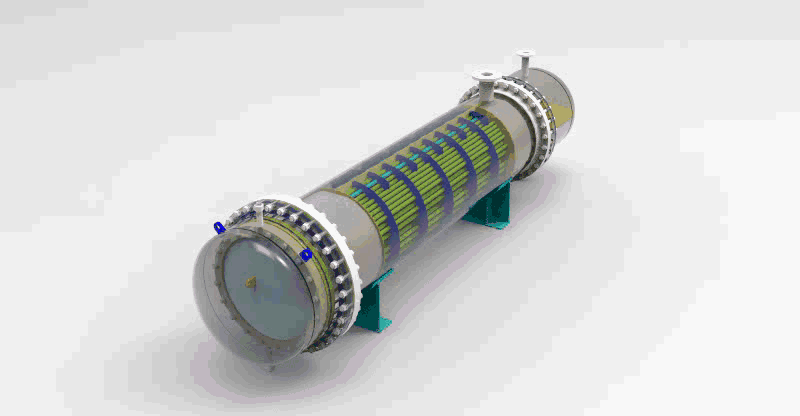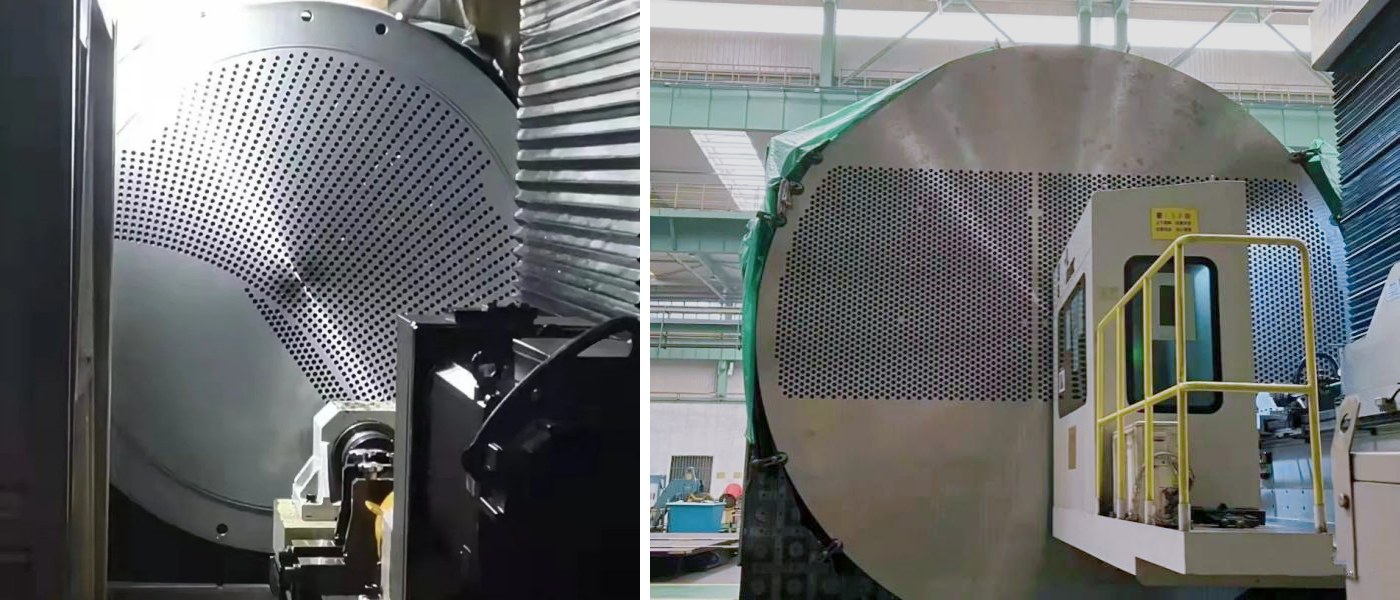October 21, 2024
What is a tube sheet for heat exchanger?
One of the most common heat exchangers in service within industrial process applications is the “Tube Sheet Heat Exchangers”. They are available in many shapes, sizes and have been used in industry for over 150 years. In this exchanger group are various sub design types: Fixed, U-tube and Floating tubes heet. Variations of all can be denoted as type “E”, “F”, “G”, “H”, “J”, “K” or “X”. The main applications are where high pressure/temperatures are key considerations. Loosely, general designs consist of the/an outer shell in which resides a tube bundle (these can be configured as finned, plain etc) sealed at each end by a tube sheet which isolates the tubes and the outer shell.

How does a heat exchanger work?
Tube Sheet Heat Exchangers have the capability to transfer large amounts of heat at low(er) costs. This, in principle, down to both design simplicity and effectiveness – large tube surface for reduced weight, volume of liquid and importantly floor space.
Whilst there is a wide variety to choose from there are certain key components similar in all. Tube sheets have tubes attached to them within the body or “shell” of the heat exchanger. The tubes allow the movement of a given medium (gas/fluid) through the shell chamber stopping it mixing with a second fluid medium that lies outside these tubes. As long as there is a temperature difference between these, in effect, the two flow past one another exchanging heat without ever mixing. Tube sheets can be fixed or floating dependent on the application the heat exchanger is designed for.

The role of tube sheets in heat exchangers
Tube sheets are a critical component of the final design. There are a multitude of materials they can be manufactured from. Material selection is made after careful consideration as it is in contact with both fluids. It must therefore have the necessary corrosion resistance, electromechanical and metallurgical properties associated for its given working environment.
The tube sheets themselves contain holes drilled into them. This, in a given, very specific design configuration, at very precise locations with critical tolerances. The amounts of holes can range from a few to thousands. These pattern or “pitch” holes are relative to each other tube sheet within the shell. This pitch changes tube distance, angle and flow direction. These parameters have been varied to maximize the heat transfer effectiveness.
Tube Sheet Heat Exchangers of the big advantages of using a shell and tube heat exchanger is that they are often easy to service, particularly with models where a floating tube bundle where the tube plates are not welded to the outer shell is available. Fixed Tube Sheet Heat Exchangers used on fixed tube sheet heat exchangers.
Tube Sheet Heat Exchangers the right choice of materials they can also be used to cool or heat other mediums, such as swimming pool water or charge air. Fixed Tube Sheet Heat Exchangers ideal cooling solution for a wide variety of applications. One of the most common applications is the cooling of hydraulic fluid and oil in engines, transmissions and hydraulic power packs.

How does wuxi changrun work?
Because these tube sheets are the main, critical,Wuxi changrun manufactures directly to OEM drawings issued as DXF files. The in house Delcam FeatureCam CAD reading capabilities mean the final product supplied from us is manufactured to the exacting specifications as designed, released and issued from you the client.
Wuxi changrun’s considerable experience in this highly specialized area means that whatever the requirement, whatever the timescale, we have the technical, in house experience and know-how to approach a given task, deliver on time and in budget. This is why the company is entrusted to manufacture to key, blue chip clients across the globe.
